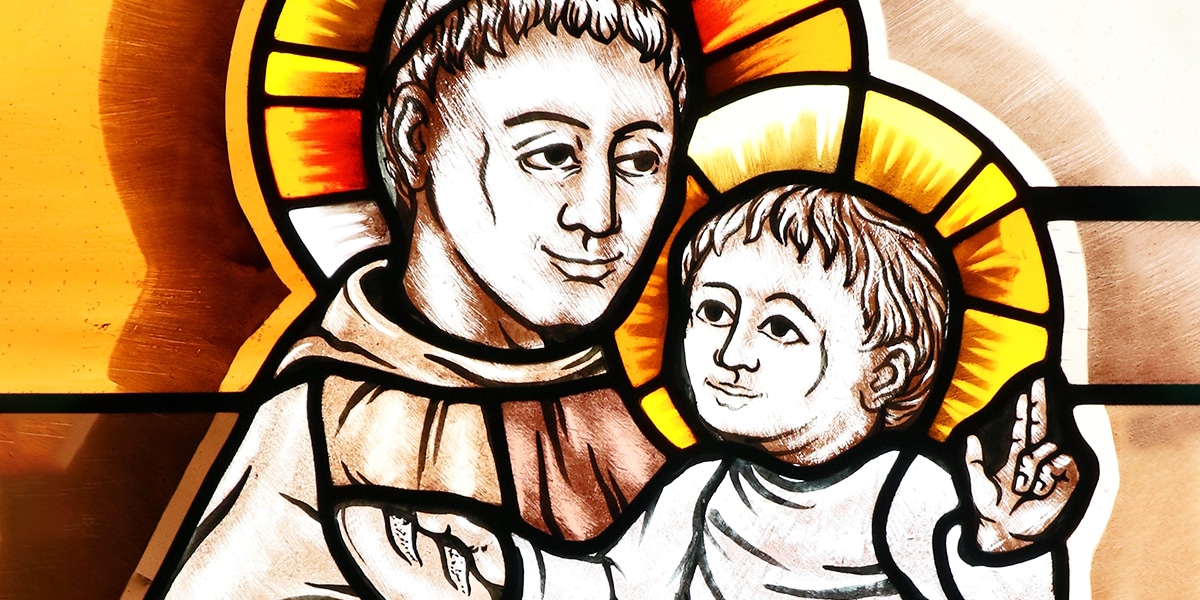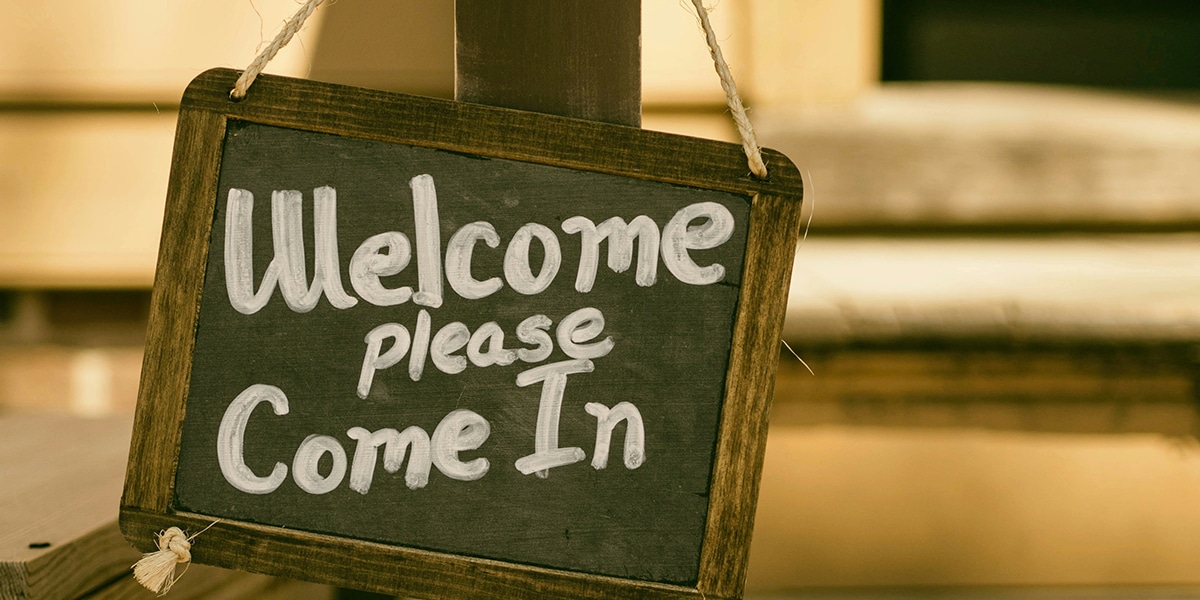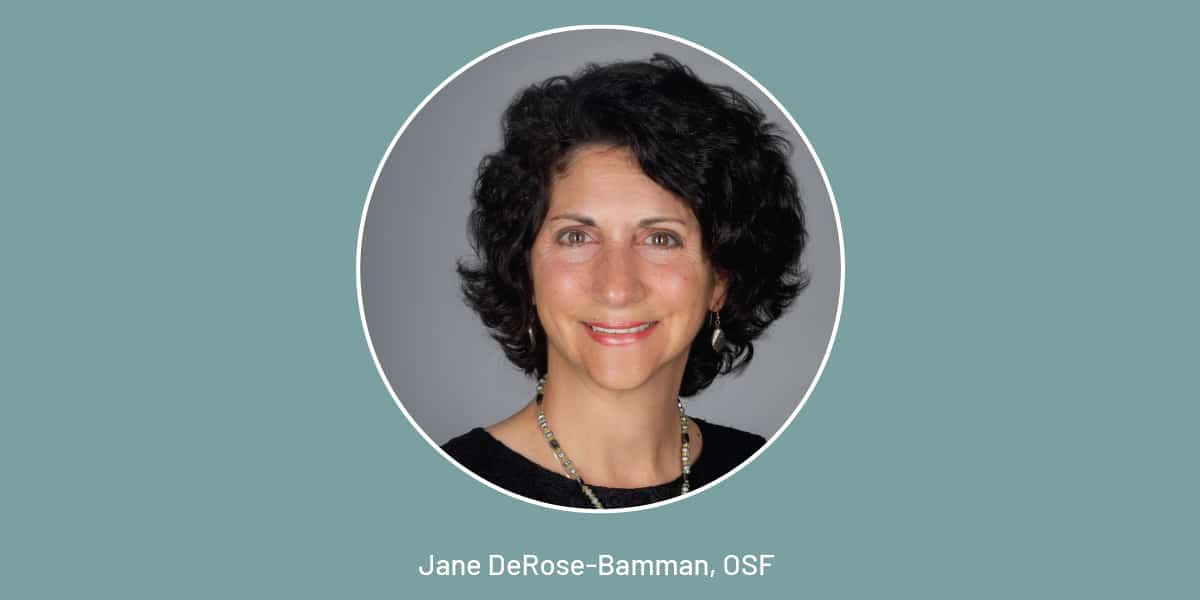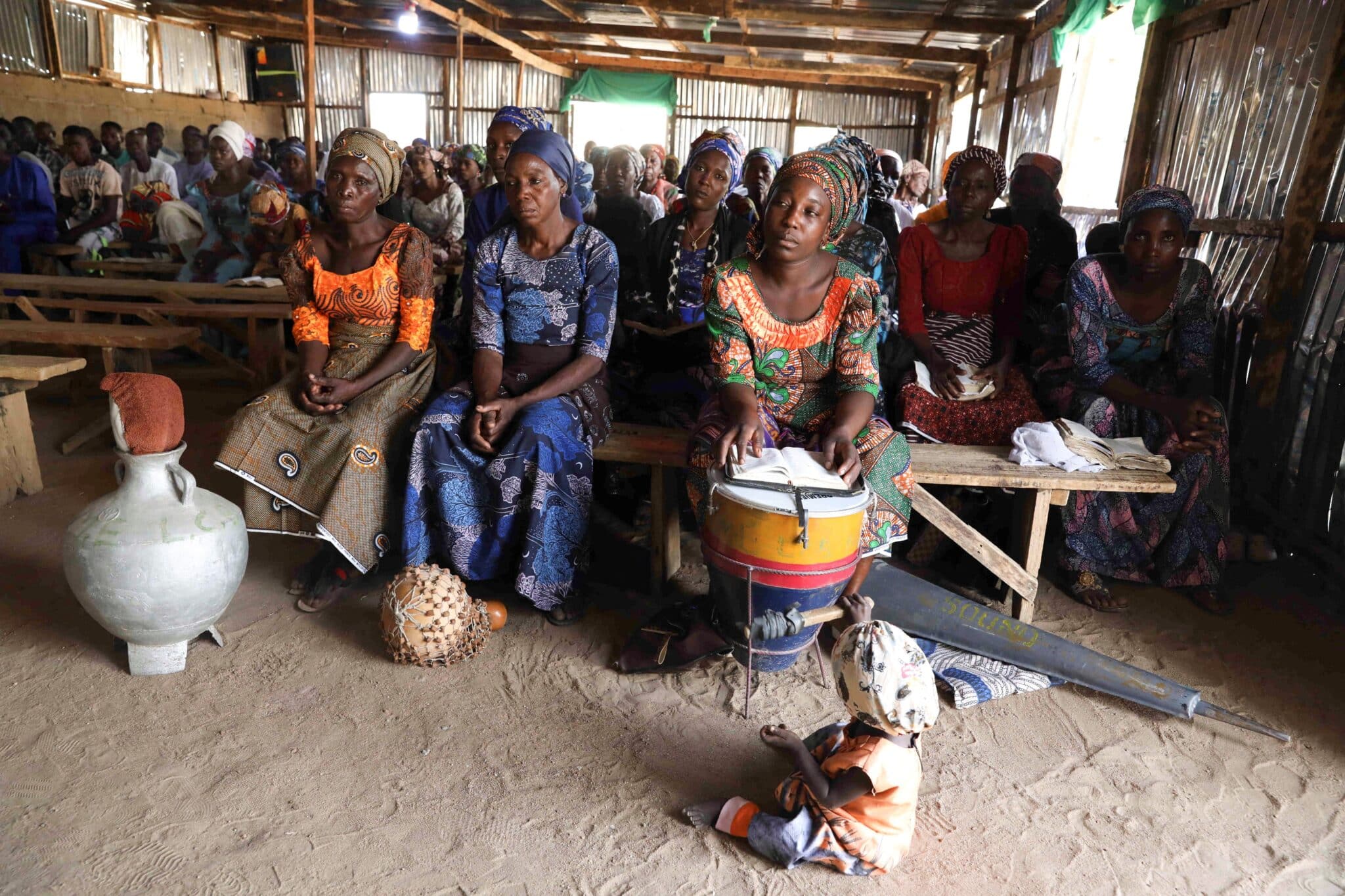I have a vision of the world becoming a single, sacred, flourishing community, which includes both the human and more-than-human world, to paraphrase the Passionist Thomas Berry. This vision has grown in depth and nuance over the years, but some form of it has driven most of my thinking, writing, and life choices throughout my adult life.
Probably because I have a strong pragmatic streak, my instinctive move has always been to ask what and how when it comes to working toward that vision. What do we need to do to create and sustain such a world? How can we do it?
To put it in business terms, what is our strategy, and how shall we execute that strategy? What must we do to tackle climate change, soil degradation, racial and socioeconomic inequities, and all of the other obstacles that prevent or endanger a flourishing world? How can we do these things?
But in framing the issues in terms of what and how—as important as those questions are—I’ve often neglected another set of questions, which I’m coming to believe are far more fundamental: Who must we become in order to tackle these challenges, and with what sorts of qualities of character? If we get the who part wrong, it will always sabotage the what and the how.
Qualities of Leadership
I’m constantly learning this in my role as a nonprofit leader. The interfaith organization I run has an inspiring and powerful mission, which provides a great deal of motivation for our work. But over the years, it’s become clear that even a compelling mission can’t drive successful outcomes if the right people—with the right skills and qualities of character—aren’t in place. We have to identify the who before we can address and fully realize our mission.
To do that, I’ve had to move some people out of the organization, move others to different roles, and coach several to improve so that they are better able to bring their best talents to their work. As I’ve tried to do this, I’ve had to be mindful not just of what I do as a leader, but what qualities of character I bring to my leadership.
The who question applies even more when it comes to larger-scale social and environmental change. We certainly have to elect the right leaders, with the right character, and hold them accountable to their commitments. But they can’t do all the heavy lifting for us. We ourselves have to be the kind of people who can do the boots-on-the-ground work that enables, empowers, and synergizes with top-level changes.
What kind of character qualities would help repair our hurting world and contribute to the flourishing of all God’s creatures—human and nonhuman? That’s a huge list, but I’d like to focus here on six qualities I’ve been thinking about a lot lately.
Six Character Qualities
First, we must be people with vision. We may not fully know what it means for God’s will to be done on earth as it is in heaven, but we know enough to dream of a world in which truth, generosity, and justice hold sway, and all have what they need to thrive.
Second, we must be curious. Because our knowledge is always limited and often flawed, we must always be learning: to correct our errors, to discover new ideas, and to discern what strategies will help us bring about a kinder and more caring world.
Third, we must choose caring collaboration. We’ve come to know—as our tradition has always taught—that we belong inextricably to each other, that we rise or fall together, that no one can make it on their own. Since we are inevitably in relationship with each other, we must choose collaboration rather than zero-sum competition or even the pragmatic transaction mindset that sees our fellow humans as means to an end.
Fourth, we must cultivate courage. Courage takes many different forms, from the battlefield to the kitchen table. But in all cases, courage requires us to be vulnerable, to put our whole heart into it, to give our best to something—even if we fail—and to stand up again (and again and again) when those failures occur.
Fifth, we must be disciplined. Whether it’s personal health or the health of an entire community or nation, no change comes without taking the often small, daily steps that support it. We can’t always (or ever) control outcomes, but we can—and keep choosing to—do what is ours to do. We can show up in prayer with our loved ones, with the poor, in the gym, at the voting booth, at the PTA or city council meeting. Discipline gives us the patience and steadfastness to keep at it, even when it’s hard or we are uncertain or hopeless.
Finally, all of these qualities thrive best when they are rooted in the soil—the humus—of humility. Humility keeps us from being too rigid, too driven, too egotistical. Humility keeps us learning, serving, and reaching out to others with love and kindness. Humility reminds us that life is a gift from God and that our merely human efforts will always be insufficient to the task.
When world-changing efforts start with the who, I think we will learn that the who is not only the alpha, but the omega, too. As I imagine a flourishing world, I picture one in which we are all able to become our truest, best, most Christlike selves, within the blessed, interconnected communion of saints. And it’s the cultivation of exactly those best-self qualities that, in God’s time and by God’s grace, will get us there.








